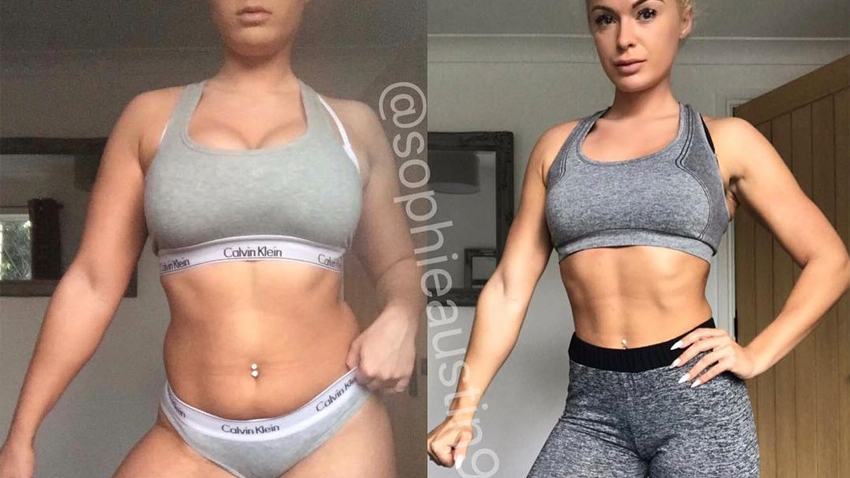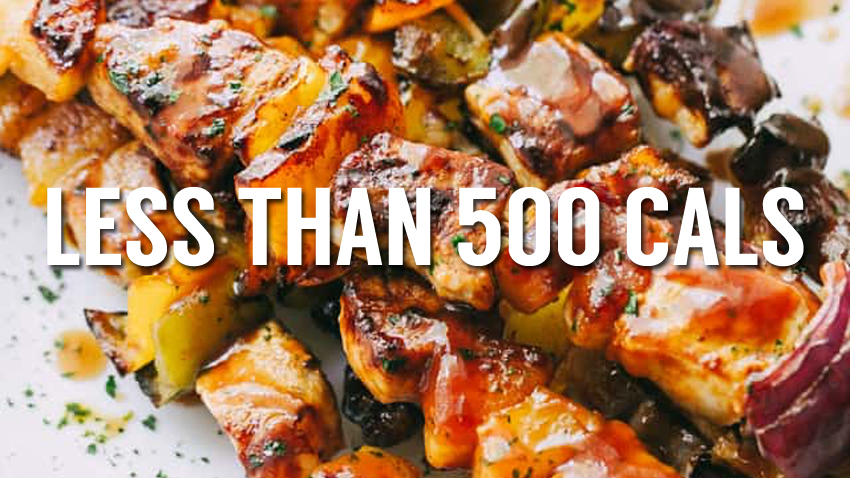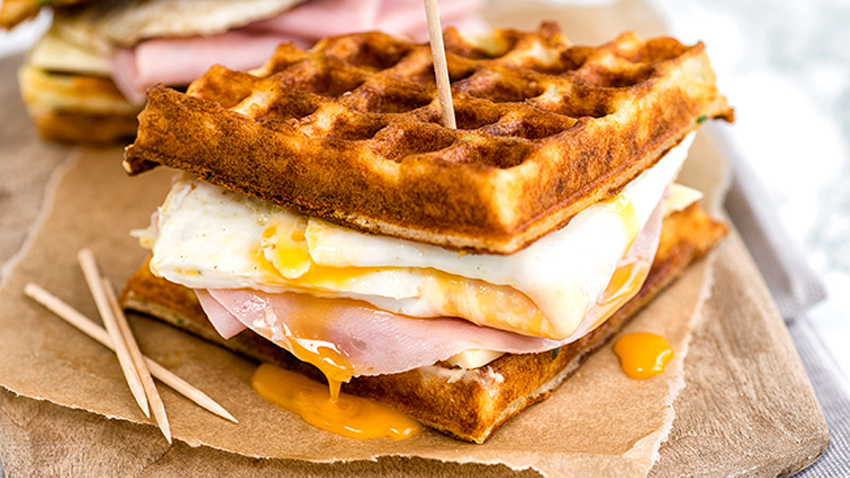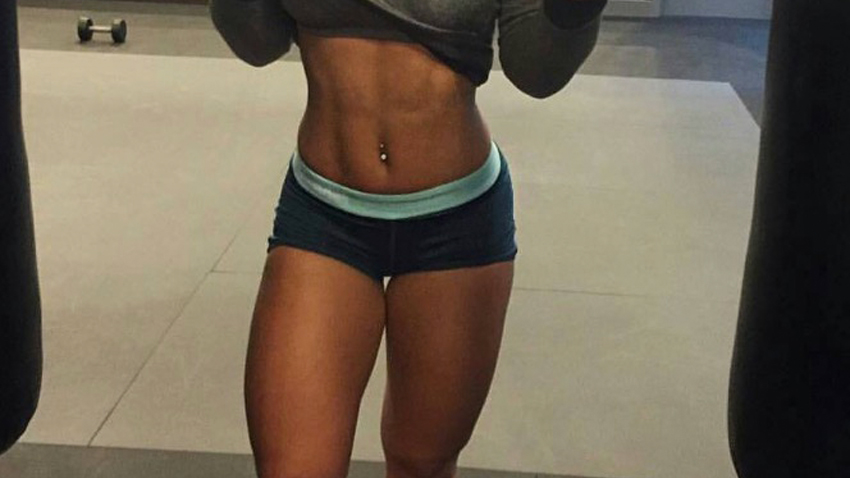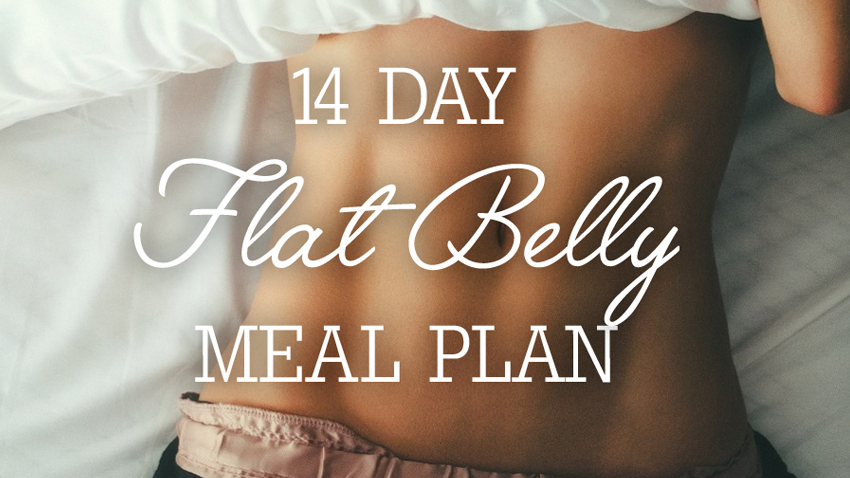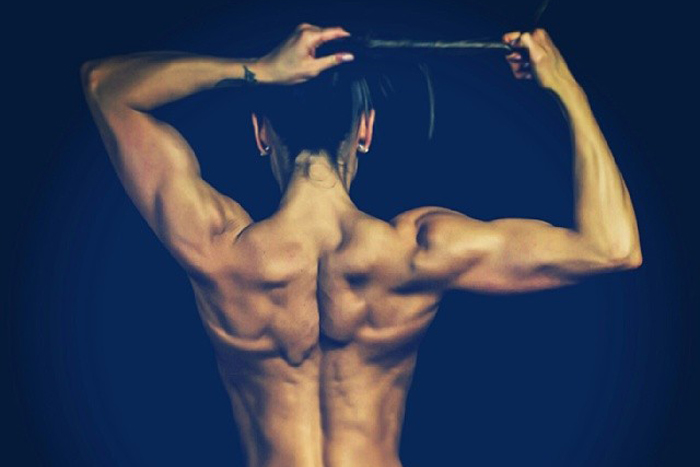Intermittent Fasting – Diet Myths, Tips & Benefits. Is It For You?

Trimmed&Toned Team.
Mention fasting to a bodybuilder, physique competitor or high level athlete, and you’ll probably be greeted with howls of derision.
For so long, the idea that eating small, regular meals is far superior for building muscle, losing fat, providing energy and optimizing performance has been prominent in the world of fitness and nutrition.
Fasting appears to be counterproductive to just about every goal you could have. You need calories, protein and carbs to build muscle, so how can fasting help with that?
Sure, fasting may help cut calories, but what about your metabolism? That slows down when you don’t eat, doesn’t it?
And for performance – there must be a reason why pro sportsmen and women are always sipping energy drinks, taking bites from bars and conduct post match interviews while downing their team-sponsored protein and carb shakes. Plus, you’ve probably had some pretty sucky workouts in the past when you’ve not eaten beforehand.
It seems that regular eating and performing and looking your best generally go hand in hand.
But then again, many cultures are based around fasting, and while this might be for religious reasons, it doesn’t seem to do them any harm. You also have the fact that fasting clearly helps curtail your calorie intake, which can only be a good thing for weight loss.
Maybe it’s not so clear cut after all. Let’s delve a little deeper and find out more about intermittent fasting.
Debunking The Metabolism Myth
It’s not entirely clear where the idea that you have to eat every few hours to “stoke your metabolism” comes from. In fact, metabolism actually goes up slightly when you fast for 72 hours, according to nutritionist Lyle McDonald.
Your metabolic rate is related to the total number of calories you eat, and has nothing to do whatsoever with how often you consume a meal. So that’s the “frequent feeds = better results” notion blown completely out the water. (1)
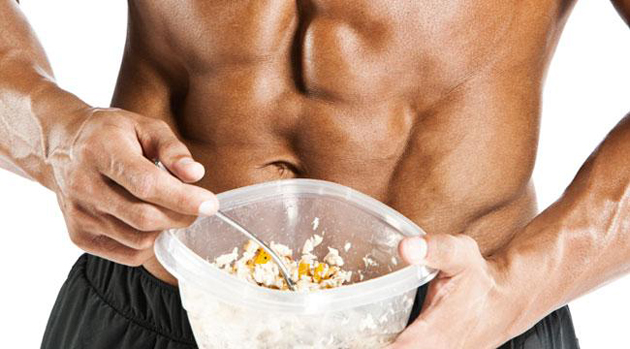
Benefits Of Intermittent Fasting
By far and away the main benefit of fasting is that it helps you control your calorie intake.
We all know that to lose fat, you must consume fewer calories than you burn, thus putting you into a calorie deficit and in an optimal environment to burn fat. But getting into a deficit can be hard work, especially if your calorie intake is already on the low side. Trying to spread 1,500 or even 2,000 calories out over a 15 or 16 hour period from breakfast to bedtime can be seriously tough going. Eating five or six meals per day means you might have some meals that contain little more than 200 calories. Unless this is a kilo of lettuce with a small serving of chicken breast, there’s no way this will keep you full.
However, chances are there have been times when you’ve been busy at work when you’ve completely forgotten to eat. Five, six, maybe even seven hours have gone by before you realise you’ve not eaten. In reality, you don’t feel too bad.
Imagine if you could go for seven hours of the day consuming zero calories – you’d then have just another seven or eight left to eat your entire day’s allowance, leading to much greater fullness after each meal.
It’s also thought that fasting can help stabilize blood glucose and lower insulin, giving you greater fat loss. Fasted training may also put your body into a state where it’s far more receptive to post-workout nutrition, and can lap up your PWO protein and carbs even more efficiently than under a regular eating pattern. (2)
Drawbacks Of Intermittent Fasting
Plainly and simply, fasting just doesn’t work for some people.
It’s all down to your schedule, genetics and preferences, but you might find it too tough to go for more than a few hours without food, and feel weak and pathetic without a proper most workout meal under your belt.
There’s also the issue of protein synthesis. While the idea that you can’t use more than 30g of protein at one sitting doesn’t hold much weight, protein synthesis and levels of protein in the muscle tend to hold steady for around four to six hours, meaning that leaving it longer than this to eat may have a negative response. (3)
Plus, try bulking on 3,00 to 5,000 calories per day and getting all of these in just a few hours. I feel sorry for the stomach, not the mention the bathroom of anyone attempting to do this.
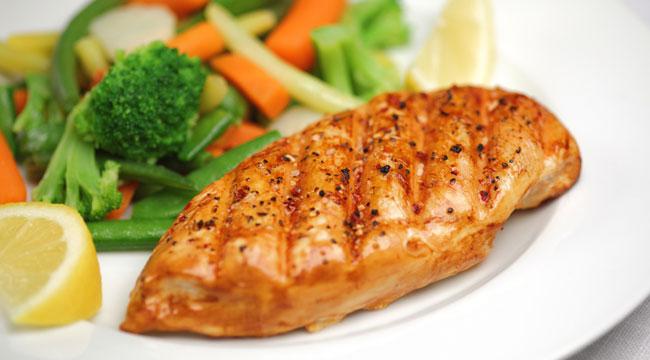
Intermittent Fasting Diets
The most popular form of intermittent fasting is the LeanGains diet, popularized by Martin Berkhan. It involves eating all your calories in an 8-hour window, starting at any time of the day you choose, though most practitioners choose to start eating around lunchtime and finish mid-evening.
LeanGains goes hand in hand with carb cycling. Every day should be high protein, but your workout days are high carb and low fat, and rest days are low carb, higher fat.
Eat-Stop-Eat involves a 24-hour fasts. While this is more drastic, the bigger drops in caloric intake through these fasts means you can eat more calories on your non-fasting days.
Ori Hofemkler’s version of intermittent fasting is “The Warrior Diet” which is based around a 4-hour eating window, usually last thing at night. It’s a halfway house between LeanGains and a full 24-hour fast. (4)
Considerations
Intermittent fasting is not a fad, nor is it a quick fix. While it may have certain small benefits over other diets, there are also drawbacks to it. As with anything, whether you follow an IF-style diet or not will not be the main factor in your success.
In fact, the only reason for switching over to IF would be for convenience, or if you enjoy eating larger meals. Someone with a very busy schedule, or who trains better fasted may find IF works fantastically for them. Likewise if you prefer eating regularly, and like to graze throughout the day, IF is not for you.
Tips
If you do decide to go down the IF-route, here are a few handy pointers to get you started:
- You still need to count calories, along with macronutrients – proteins, carbs and fats.
- Take a BCAA supplement throughout your fasts. This ensures you’re getting amino acids without ingesting too many calories.
- Calorie-free foods/drinks (coffee, tea, diet drinks, sugar-free gum, etc.) are fine during your fasting periods.
- Eat your biggest meal of the day post-workout.
- Keep a food diary and log your feelings, hunger levels and gym performance to determine whether IF works for you.
References
1. http://www.bodyrecomposition.com/research-review/meal-frequency-and-energy-balance-research-review.html
2. http://www.leangains.com/2009/12/fasted-training-boosts-muscle-growth.html
3. http://www.biolayne.com/wp-content/uploads/Norton-J-Ag-Food-Ind-Hi-Tech-2008.pdf
4. http://www.romanfitnesssystems.com/blog/intermittent-fasting-201/
AUTHOR: Mike Samuels is a personal trainer, writer and online coach based in Southampton, UK. Get in touch with him at www.healthylivingheavylifting.com and on facebook: HealthyLivingHeavyLifting
Trimmed&Toned Team.

